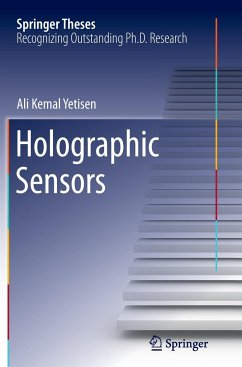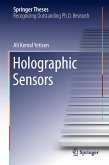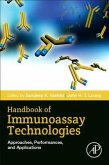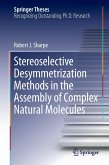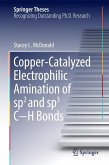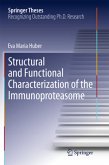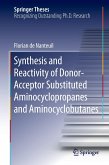This thesis presents a theoretical and experimental approach for the rapid fabrication, optimization and testing of holographic sensors for the quantification of pH, organic solvents, metal cations, and glucose in solutions.
Developing non-invasive and reusable diagnostics sensors that can be easily manufactured will support the monitoring of high-risk individuals in any clinical or point-of-care setting. Sensor fabrication approaches outlined include silver-halide chemistry, laser ablation and photopolymerization. The sensors employ off-axis Bragg diffraction gratings of ordered silver nanoparticles and localized refractive index changes in poly (2-hydroxyethyl methacrylate) and polyacrylamide films. The sensors exhibited reversible Bragg peak shifts, and diffracted the spectrum of narrow-band light over the wavelength range peak = 495-1100 nm. Clinical trials of glucose sensors in the urine samples of diabetic patients demonstrated that they offer superior performance compared to commercial high-throughput urinalysis devices. Lastly, a generic smartphone application to quantify colorimetric tests was developed and tested for both Android and iOS operating systems. The sensing platform and smartphone application may have implications for the development of low-cost, reusable and equipment-free point-of-care diagnostic devices.
Developing non-invasive and reusable diagnostics sensors that can be easily manufactured will support the monitoring of high-risk individuals in any clinical or point-of-care setting. Sensor fabrication approaches outlined include silver-halide chemistry, laser ablation and photopolymerization. The sensors employ off-axis Bragg diffraction gratings of ordered silver nanoparticles and localized refractive index changes in poly (2-hydroxyethyl methacrylate) and polyacrylamide films. The sensors exhibited reversible Bragg peak shifts, and diffracted the spectrum of narrow-band light over the wavelength range peak = 495-1100 nm. Clinical trials of glucose sensors in the urine samples of diabetic patients demonstrated that they offer superior performance compared to commercial high-throughput urinalysis devices. Lastly, a generic smartphone application to quantify colorimetric tests was developed and tested for both Android and iOS operating systems. The sensing platform and smartphone application may have implications for the development of low-cost, reusable and equipment-free point-of-care diagnostic devices.

